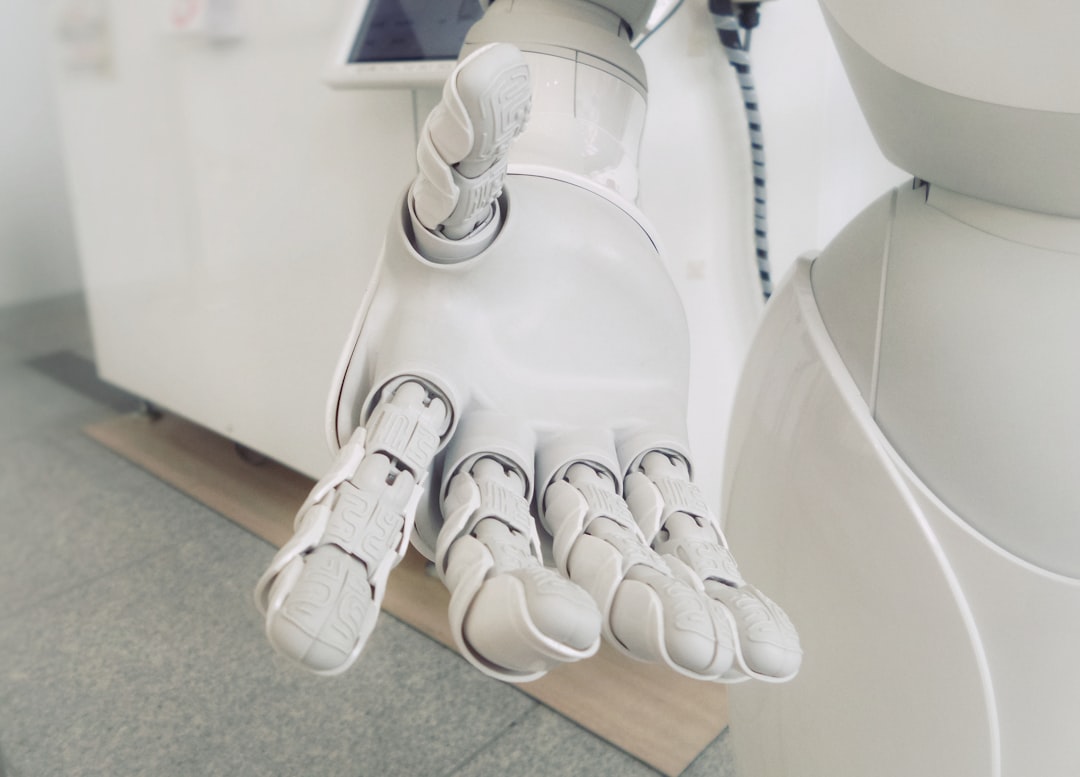What is it about?
Before the invention of agriculture, all humans lived as hunter-gatherers: hunting, gathering, and sharing food, which differs strikingly from the less cooperative foraging of our primate relatives. How and why did early human ancestors begin to produce and share food? We developed a conceptual and mathematical model of the evolution of food production and sharing in early human ancestors. Fossil evidence indicates that the diets of early human ancestors included extracted foods, such as roots, tubers, and nuts, which would be suitable for sharing, but also vulnerable to theft. In our model, male mate guarding protects females from food theft, promoting extractive foraging by females. This increased foraging efficiency motivates females to share food with males when pair-bonds exist. Female provisioning of males may have catalyzed the evolution of uniquely hominin traits.
Featured Image

Photo by Elaine Casap on Unsplash
Why is it important?
Our study is important because it contributes to the understanding of a key trait that makes our species successful: cooperation. Unlike most of our primate relatives, we regularly share food with others. How and we our ancestors evolved to cooperate this way continues to be debated. Many researchers have focused on other explanations, such as hunting and sharing of meat, or cooking. Our study focuses on sharing of extracted plant foods, which were likely important in the diets of our ancestors long before our ancestors hunted or cooked on a regular basis, and thus provides an explanation for how we began to cooperate so extensively.
Perspectives
I particularly enjoyed working on this article, as it involved a truly inter-disciplinary collaboration with experts in diverse fields: economics, theoretical biology, anthropology, and primatology. The opportunity to work with these wonderful co-authors is a highlight of my time spent as a visiting scholar at the Institute of Advanced Study in Toulouse, France. The ideas developed in this article are central to a book I am currently writing for popular audiences.
Michael Wilson
University of Minnesota Twin Cities
Read the Original
This page is a summary of: The evolution of early hominin food production and sharing, Proceedings of the National Academy of Sciences, June 2023, Proceedings of the National Academy of Sciences,
DOI: 10.1073/pnas.2218096120.
You can read the full text:
Contributors
The following have contributed to this page










